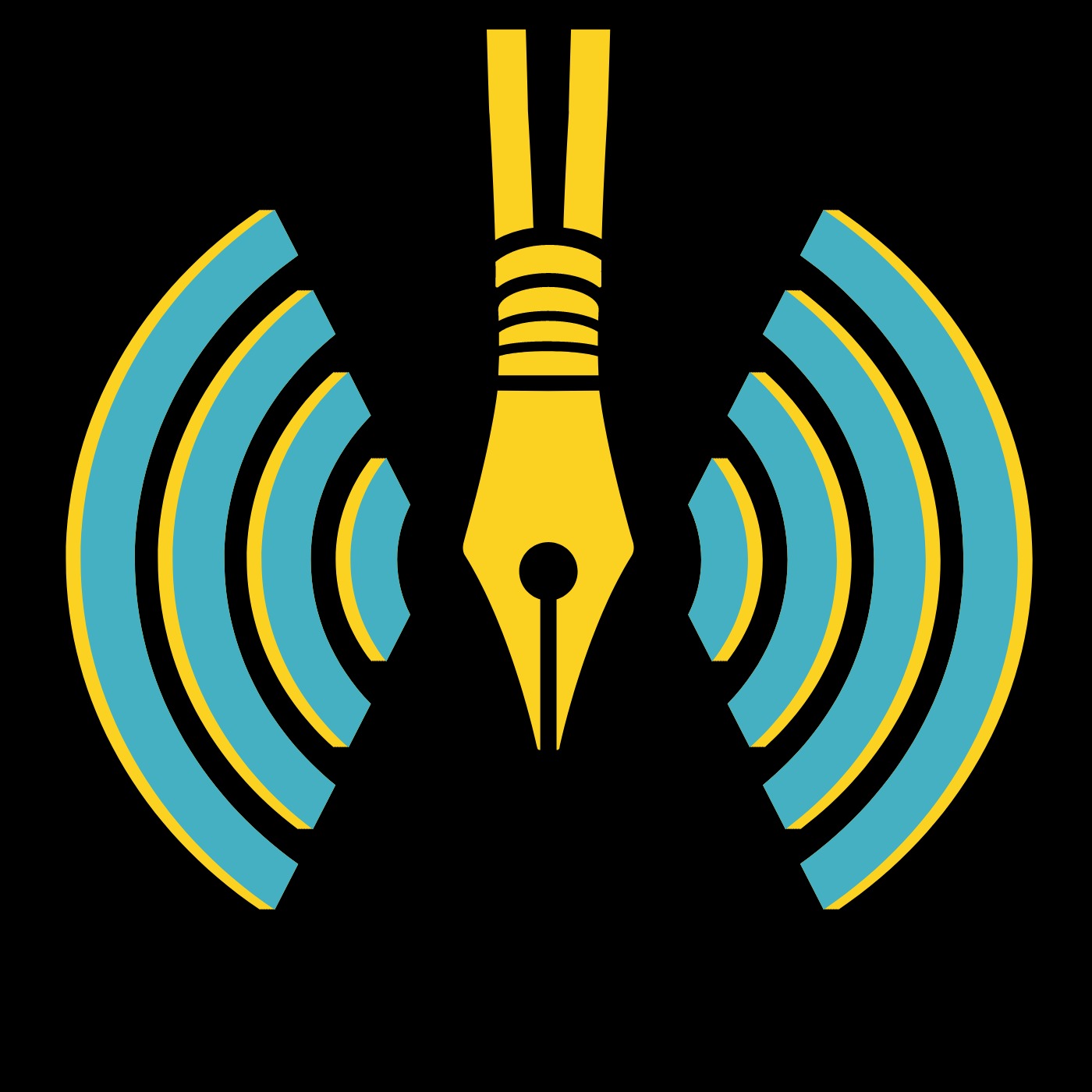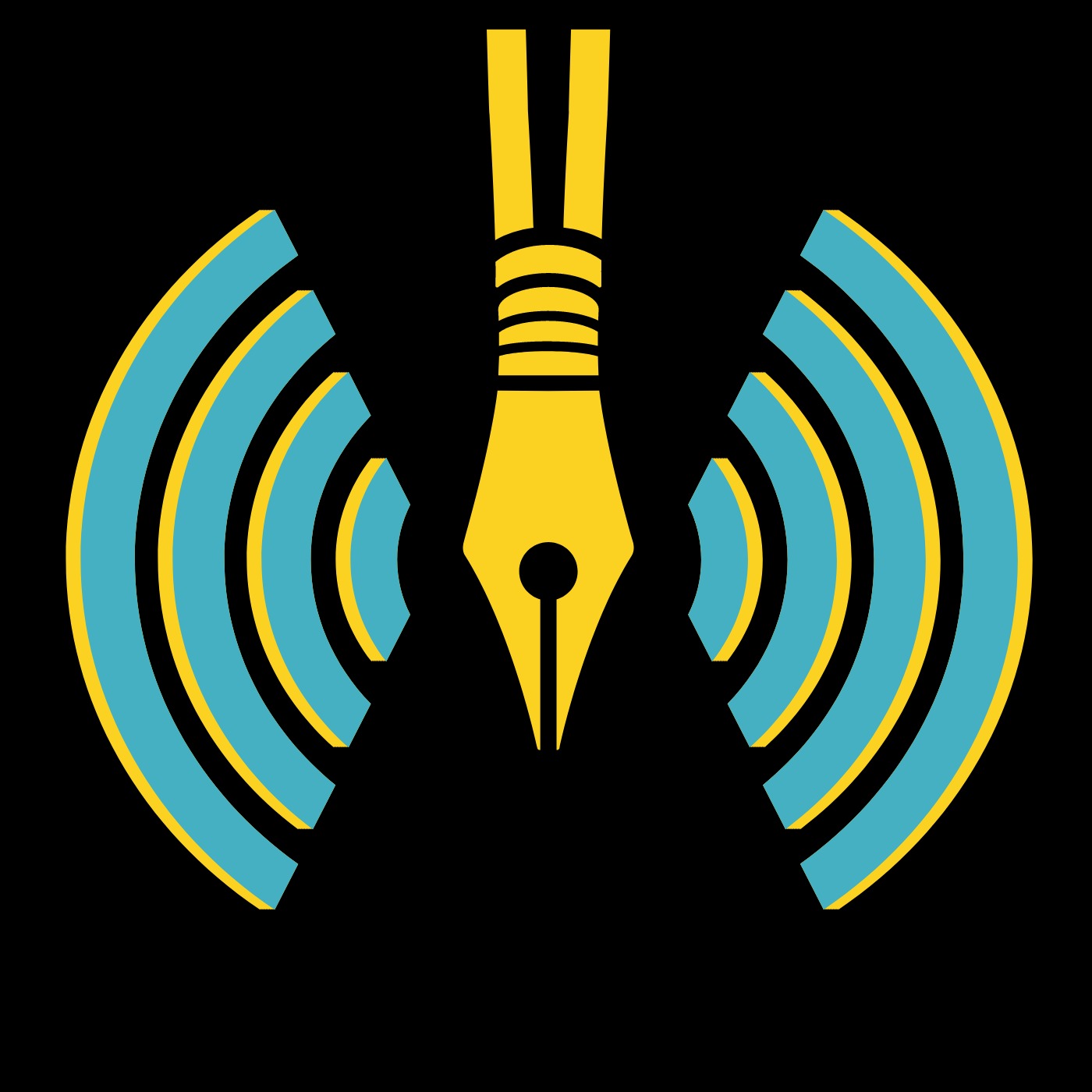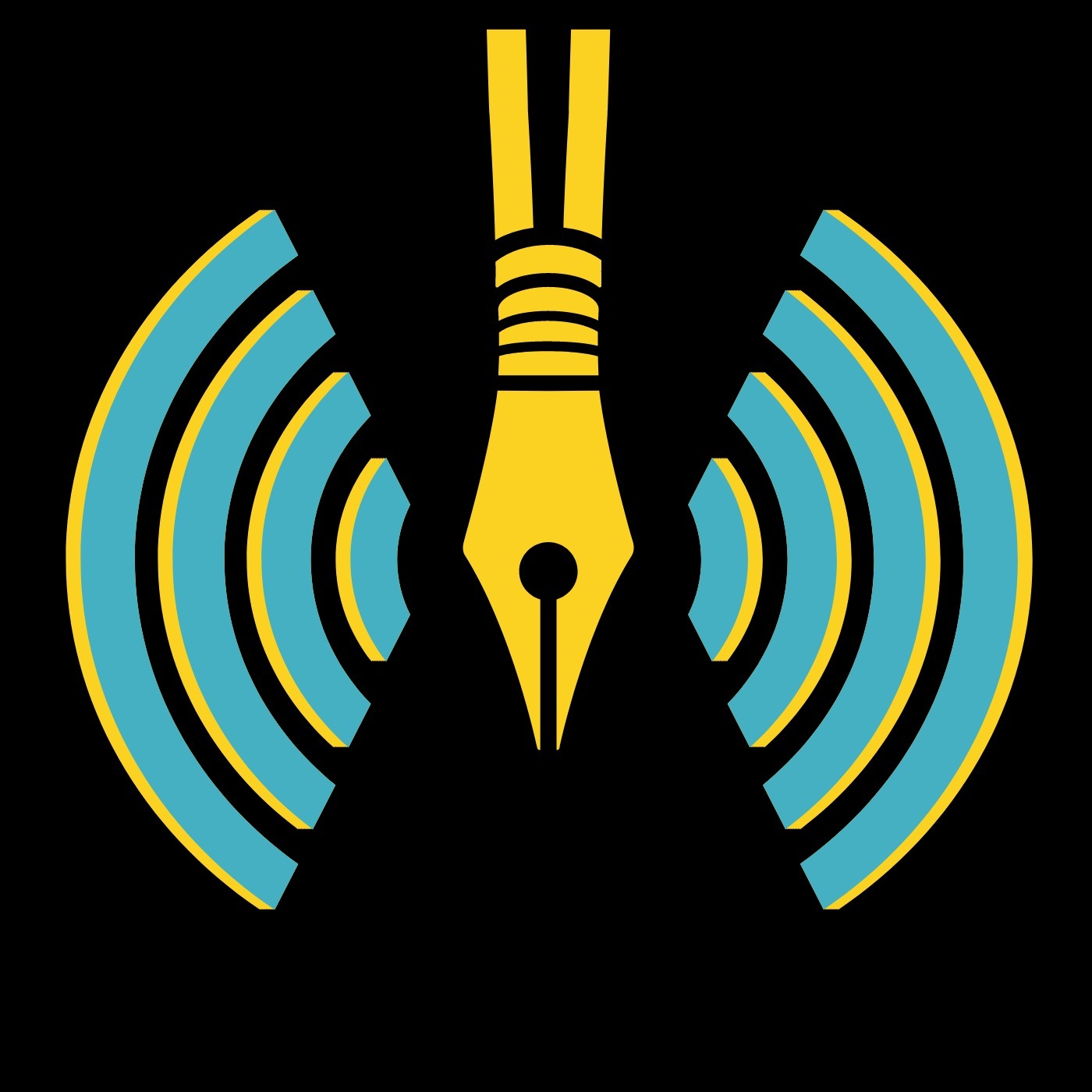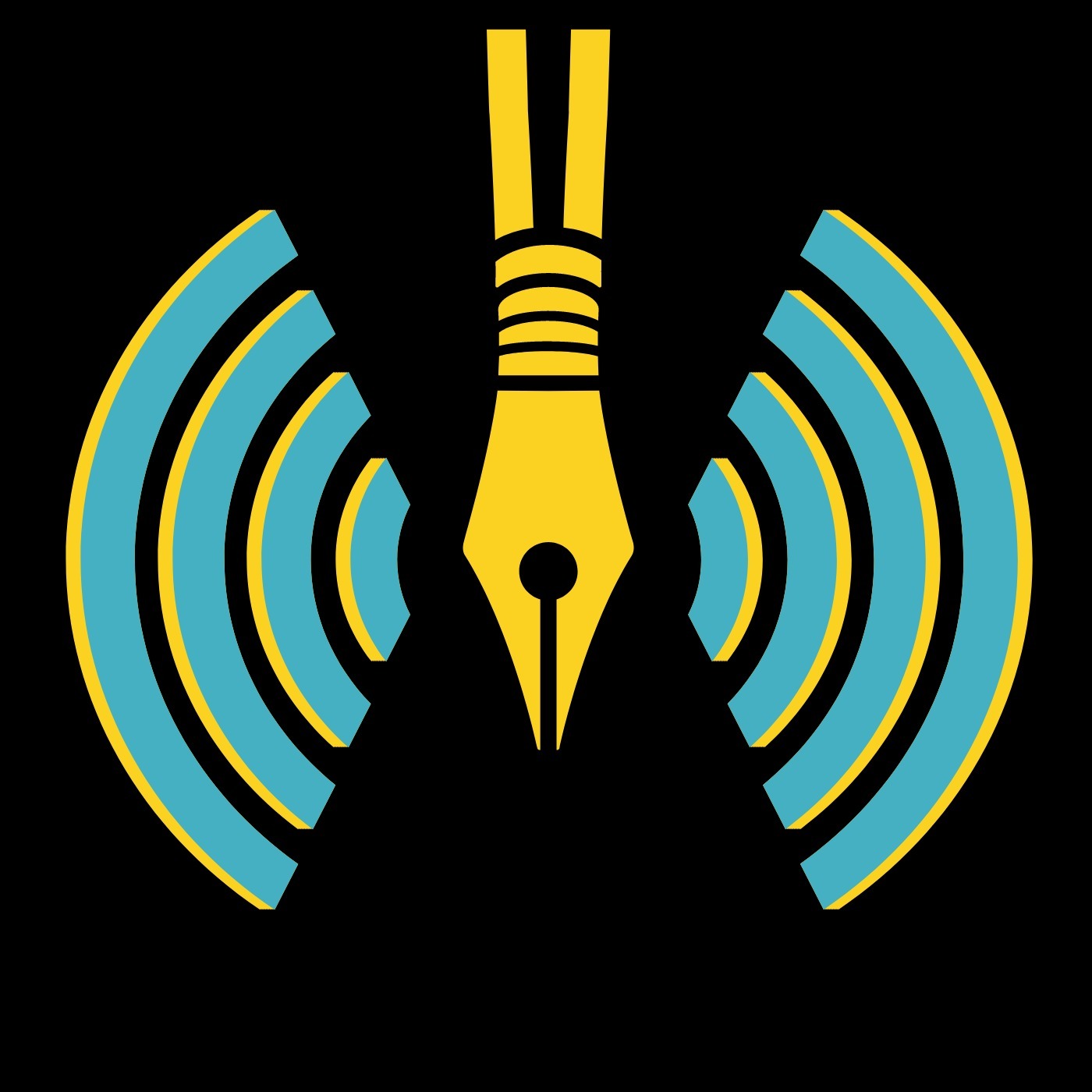19.22: Technology and Identity (A Close Reading on Worldbuilding)
Digest
This episode of Writing Excuses delves into the fascinating intersection of technology and identity, using Arkady Martine's "A Memory Called Empire" as a springboard for discussion. The podcast hosts explore the Amago technology, a device that allows individuals to inherit the memories and personalities of their predecessors, creating a complex and nuanced understanding of self. They discuss how this technology raises questions about generational knowledge, cultural identity, and the impact of technology on our sense of self. The episode also examines the Texcalani's use of cloud hooks, a technology that connects individuals to the imperial information network, highlighting the potential for technology to both empower and control. The hosts emphasize the importance of considering different perspectives on technology and how it can be used to create compelling narratives. They encourage listeners to brainstorm technological or magical approaches that raise questions about identity and to write a scene where two characters debate these concepts.
Outlines

Introduction
This Chapter introduces the episode of Writing Excuses, which focuses on a close reading of "A Memory Called Empire" and explores the themes of world building, technology, and identity.

Amago Technology and Identity
This Chapter delves into the Amago technology, a device that allows individuals to inherit the memories and personalities of their predecessors. The hosts discuss how this technology raises questions about generational knowledge, cultural identity, and the impact of technology on our sense of self. They explore the ethical implications of Amago technology and how it is used in the novel.

Cloud Hooks and Imperial Control
This Chapter examines the Texcalani's use of cloud hooks, a technology that connects individuals to the imperial information network. The hosts discuss how cloud hooks represent a form of technological control and how they contrast with the Amago technology. They explore the potential for technology to both empower and control individuals.

Using Technology as a Narrative Tool
This Chapter focuses on how writers can use the concepts discussed in the episode as tools in their own work. The hosts emphasize the importance of considering different perspectives on technology and how it can be used to create compelling narratives. They encourage listeners to brainstorm technological or magical approaches that raise questions about identity and to write a scene where two characters debate these concepts.
Keywords
Amago
A fictional technology in Arkady Martine's "A Memory Called Empire" that allows individuals to inherit the memories and personalities of their predecessors. It is a small device that nestles in the base of a person's head and carries the memory of their predecessor, including personality traits. The Amago technology is designed to provide guidance and wisdom from past generations, but it also raises questions about identity, cultural heritage, and the impact of technology on our sense of self.
Cloud Hook
A fictional technology in Arkady Martine's "A Memory Called Empire" that connects individuals to the imperial information network. It is a glass eyepiece that provides access to a constant flow of information, but it also represents a form of technological control. The cloud hook is essential for citizenship in the Texcalani Empire, highlighting the potential for technology to both empower and control individuals.
A Memory Called Empire
A science fiction novel by Arkady Martine that explores themes of identity, empire, and technology. The novel follows Mahit Dzmare, a young ambassador from a small, isolated planet who is sent to the Texcalani Empire. The novel features the Amago technology, which allows individuals to inherit the memories and personalities of their predecessors, and the cloud hook, a technology that connects individuals to the imperial information network. The novel is praised for its complex characters, thought-provoking themes, and intricate world building.
Identity
The sense of self, including one's personality, beliefs, values, and experiences. In the context of this episode, identity is explored in relation to technology and how it can be shaped and challenged by technological advancements. The episode raises questions about the nature of identity in a world where technology can alter our memories, experiences, and perceptions.
Technology
The application of scientific knowledge for practical purposes. In the context of this episode, technology is explored as a force that can shape and challenge our understanding of identity. The episode examines how technology can alter our memories, experiences, and perceptions, and how it can be used to both empower and control individuals.
World Building
The process of creating a fictional world, including its history, geography, culture, and technology. In the context of this episode, world building is discussed in relation to the novel "A Memory Called Empire" and how the authors use technology to create a believable and engaging world. The episode highlights the importance of considering the impact of technology on the world and its inhabitants.
Science Fiction
A genre of speculative fiction that typically deals with futuristic settings, advanced technology, and the impact of science on society. In the context of this episode, science fiction is used as a framework for exploring the themes of identity and technology. The episode draws on examples from science fiction literature and film to illustrate how technology can be used to create compelling narratives about the human condition.
Generational Knowledge
The knowledge and wisdom passed down from one generation to the next. In the context of this episode, generational knowledge is explored in relation to the Amago technology, which allows individuals to inherit the memories and personalities of their predecessors. The episode raises questions about the importance of generational knowledge and how it can be preserved and transmitted in a world where technology is constantly evolving.
Cultural Identity
The sense of belonging to a particular culture, including shared values, beliefs, traditions, and language. In the context of this episode, cultural identity is explored in relation to the Amago technology and how it can be used to preserve and transmit cultural heritage. The episode raises questions about the impact of technology on cultural identity and how it can be used to both strengthen and weaken cultural ties.
Q&A
How does the Amago technology in "A Memory Called Empire" raise questions about identity?
The Amago technology allows individuals to inherit the memories and personalities of their predecessors, blurring the lines between individual identity and the collective memory of their lineage. It raises questions about how much of our identity is shaped by our own experiences and how much is inherited from our ancestors. It also explores the ethical implications of merging multiple personalities into one, questioning the nature of self and the boundaries of individual autonomy.
What is the significance of the cloud hook technology in "A Memory Called Empire"?
The cloud hook technology represents a form of technological control, connecting individuals to the imperial information network and making them reliant on the empire's systems. It highlights the potential for technology to both empower and control individuals, and it contrasts with the Amago technology, which emphasizes personal connection and generational knowledge. The cloud hook also symbolizes the Texcalani Empire's desire to homogenize and control its citizens, erasing individual identities and fostering conformity.
How can writers use technology as a narrative tool to explore themes of identity?
Writers can use technology to create compelling narratives about identity by exploring how it shapes our experiences, perceptions, and relationships. They can create technologies that alter our memories, enhance our abilities, or connect us to others in new ways. By exploring the ethical implications of these technologies, writers can raise questions about the nature of self, the boundaries of individual autonomy, and the impact of technology on our sense of belonging.
What are some examples of technological or magical approaches that raise questions about identity?
Some examples of technological or magical approaches that raise questions about identity include: 1) A technology that allows individuals to transfer their consciousness into different bodies, raising questions about the nature of self and the relationship between mind and body. 2) A magic system that allows individuals to share memories and emotions, blurring the lines between individual and collective consciousness. 3) A technology that allows individuals to create digital copies of themselves, raising questions about the nature of identity in a digital age.
How can writers create a scene where two characters argue about the implications of a particular technology?
Writers can create a scene where two characters argue about the implications of a particular technology by exploring their different perspectives on its potential benefits and risks. They can use dialogue to highlight the ethical dilemmas raised by the technology and to explore the characters' different values and beliefs. The scene can also be used to reveal the characters' motivations and to advance the plot.
Show Notes
The imago technology lies at the heart of this novel thematically and narratively. How does this technology create a world, delineate Mahit's culture from Teixcalaan, and ask enormous questions about identity and empire?
Thing of the Week: “Rotten” (Documentary Series available on Netflix)
Homework: Come up with three technological or magical approaches that would raise questions about what it means to be you, to be an individual. Take one of these, and then write a scene wherein two characters argue about it.
For those of you just joining us, here's what our close reading series has covered, and what lays ahead!
Close Reading Series: Texts & Timeline
Voice: This is How You Lose the Time War by Max Gladstone and Amal El-Mohtar (March 17)
Worldbuilding: A Memory Called Empire by Arkady Martine (May 12)
Character: “You Perfect, Broken Thing,” “The Cook,” and “Your Eyes, My Beacon: Being an Account of Several Misadventures and How I Found My Way Home” by CL Clark (July 7)
Tension: Ring Shout by P. Djèlí Clark (September 1)
Structure: The Fifth Season by N.K. Jemisin (October 13)
Sign up for our newsletter:
Credits: Your hosts for this episode were Mary Robinette Kowal, DongWon Song, Erin Roberts, Dan Wells, and Howard Tayler. It was produced by Emma Reynolds, recorded by Marshall Carr, Jr., and mastered by Alex Jackson.
Join Our Writing Community!
Support this podcast at — https://redcircle.com/writing-excuses2130/exclusive-content
Advertising Inquiries: https://redcircle.com/brands
Privacy & Opt-Out: https://redcircle.com/privacy























